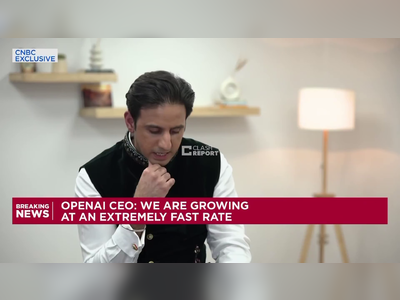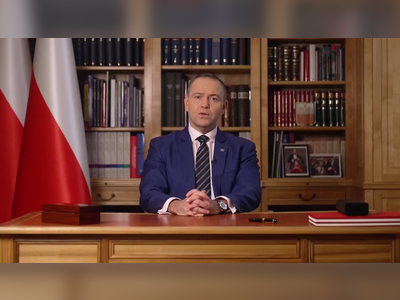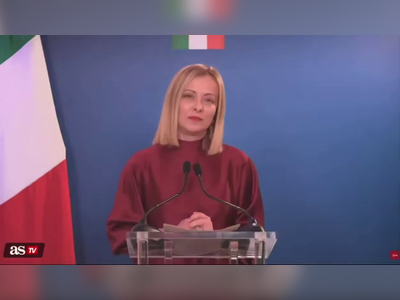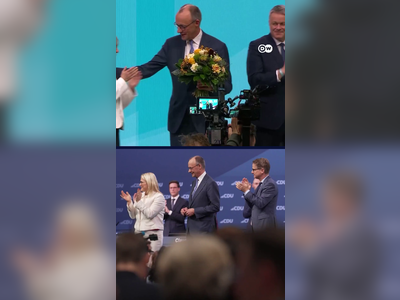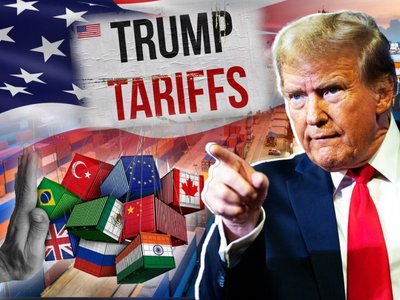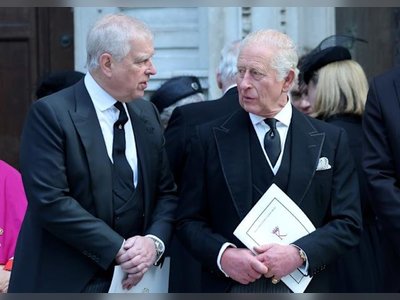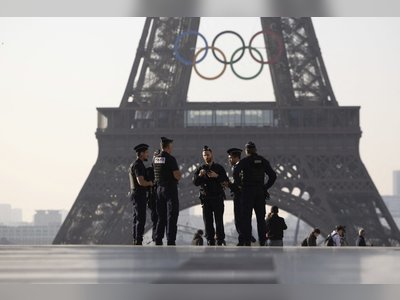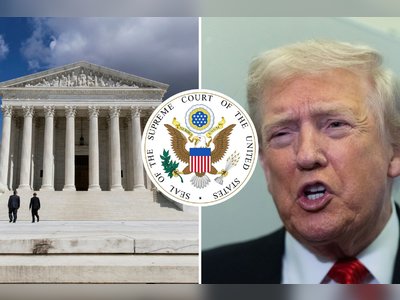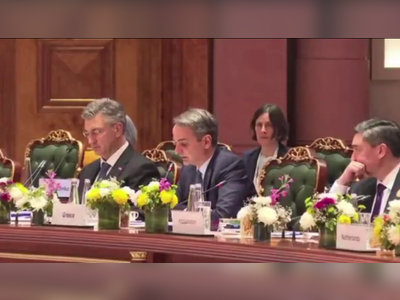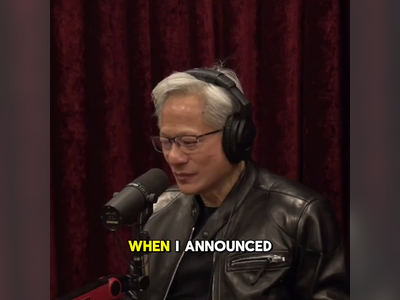Italy's New Immigration Policy: A Shift in Family Reunification Rules
Legislative changes aim to regulate family reunification for immigrants amidst political debate
Italy is set to implement significant changes to its immigration policy, specifically concerning the family reunification process for immigrants.
This development comes as the recent amendments to the DECRETO FLUSSI, endorsed by the Italian Chamber of Deputies and soon to be reviewed by the Senate, suggest more stringent regulations, primarily driven by the Lega party.
The proposed modifications, if enacted, will require foreign nationals residing in Italy to wait for a minimum of two consecutive years before applying to bring family members, excluding minor children for whom the one-year rule still applies.
The amendments have sparked considerable debate within Italy’s political landscape.
The Lega, led by deputy Igor Iezzi, has justified these changes as necessary measures to ensure oversight over immigration patterns, suggesting that current rules facilitate exponential increases in immigrant numbers through family reunifications.
However, these moves have encountered vocal opposition from the Partito Democratico (PD), who argue that they disrupt the delicate fabric of social integration within the country.
PD officials emphasize that family presence accelerates successful integration of immigrants, facilitating a more cohesive society.
Internationally, Italy’s policy shift is observed through the lens of broader European immigration dynamics, where balancing national interests with humanitarian responsibilities remains a challenging task.
Italy's geographical position as a gateway to Europe underscores its pivotal role in shaping continental immigration policies.
The tightening of family reunification rules could set a precedent, influencing similar regulations across the EU.
Despite political tensions, the amendments indicate a strategic move by the Lega to recalibrate Italy's immigration framework, addressing concerns about housing suitability and immigrant integration.
Periodic checks on immigrants’ living conditions are proposed to ensure compliance with sanitary and occupancy norms, reflecting an intent to bolster regulatory mechanisms.
The ongoing debate highlights Italy’s struggle to harmonize immigrant integration with domestic pressure to curb immigration.
While the changes may appeal to certain political factions, Italy must navigate this policy landscape carefully to maintain its socio-economic stability and uphold its commitment to human rights.
As the amendments proceed through the legislative process, the outcome will undoubtedly shape Italy’s immigration narrative and its position within the EU context, raising fundamental questions about the future trajectory of European immigration policies.
This development comes as the recent amendments to the DECRETO FLUSSI, endorsed by the Italian Chamber of Deputies and soon to be reviewed by the Senate, suggest more stringent regulations, primarily driven by the Lega party.
The proposed modifications, if enacted, will require foreign nationals residing in Italy to wait for a minimum of two consecutive years before applying to bring family members, excluding minor children for whom the one-year rule still applies.
The amendments have sparked considerable debate within Italy’s political landscape.
The Lega, led by deputy Igor Iezzi, has justified these changes as necessary measures to ensure oversight over immigration patterns, suggesting that current rules facilitate exponential increases in immigrant numbers through family reunifications.
However, these moves have encountered vocal opposition from the Partito Democratico (PD), who argue that they disrupt the delicate fabric of social integration within the country.
PD officials emphasize that family presence accelerates successful integration of immigrants, facilitating a more cohesive society.
Internationally, Italy’s policy shift is observed through the lens of broader European immigration dynamics, where balancing national interests with humanitarian responsibilities remains a challenging task.
Italy's geographical position as a gateway to Europe underscores its pivotal role in shaping continental immigration policies.
The tightening of family reunification rules could set a precedent, influencing similar regulations across the EU.
Despite political tensions, the amendments indicate a strategic move by the Lega to recalibrate Italy's immigration framework, addressing concerns about housing suitability and immigrant integration.
Periodic checks on immigrants’ living conditions are proposed to ensure compliance with sanitary and occupancy norms, reflecting an intent to bolster regulatory mechanisms.
The ongoing debate highlights Italy’s struggle to harmonize immigrant integration with domestic pressure to curb immigration.
While the changes may appeal to certain political factions, Italy must navigate this policy landscape carefully to maintain its socio-economic stability and uphold its commitment to human rights.
As the amendments proceed through the legislative process, the outcome will undoubtedly shape Italy’s immigration narrative and its position within the EU context, raising fundamental questions about the future trajectory of European immigration policies.
Translation:
Translated by AI
AI Disclaimer: An advanced artificial intelligence (AI) system generated the content of this page on its own. This innovative technology conducts extensive research from a variety of reliable sources, performs rigorous fact-checking and verification, cleans up and balances biased or manipulated content, and presents a minimal factual summary that is just enough yet essential for you to function as an informed and educated citizen. Please keep in mind, however, that this system is an evolving technology, and as a result, the article may contain accidental inaccuracies or errors. We urge you to help us improve our site by reporting any inaccuracies you find using the "Contact Us" link at the bottom of this page. Your helpful feedback helps us improve our system and deliver more precise content. When you find an article of interest here, please look for the full and extensive coverage of this topic in traditional news sources, as they are written by professional journalists that we try to support, not replace. We appreciate your understanding and assistance.
